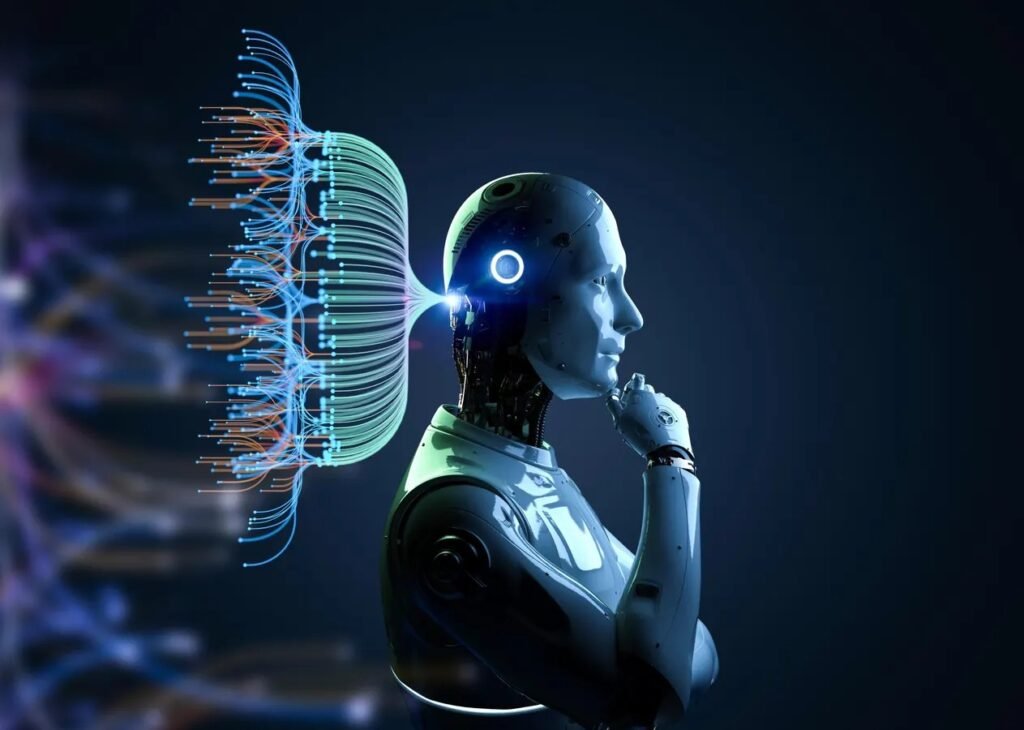Where once a mere fantasy from science fiction, Artificial Intelligence (AI) is today tightly integrated into our way of life. But what started as an enabler of convenience is now transforming whole sectors and poised to displace the very humans who created them.

The Disruption Has Begun
All over the globe, factory employees are losing their jobs to robots, machinery systems that put together parts with accuracy and speed no human can deliver. In customer support, AI robots take care of questions previously handled by thousands of workers. Authors, artists, translators even coders are observing machines reproduce their work in minutes.
This is not a vision of the future. It’s happening now.
AI doesn’t sleep. It doesn’t require wages. It doesn’t err (at least, not human errors). That makes it hard for companies to resist, but an increasing nightmare for employees.
Jobs, Skills, Identity
A job is not just a salary. It’s identity, dignity, and belonging. But AI undermines the very notion of what it means to be valuable. When machines can learn quickly, produce more, and be cheaper, where does that leave the ordinary worker?
Skills that used to take decades to master are now being overtaken by algorithms. Creativity, previously considered uniquely human, is being replicated by neural networks that produce poetry, logos, and music.
This change isn’t only technological, it’s also psychological. It undermines self-confidence. It induces anxiety. It leads people to question their role in the world.
Is There a Way Forward?
We can’t stop AI. But we can decide how it’s used. The answer isn’t to be afraid of technology but to redefine humanity’s place alongside it.
We need policies to protect workers, not profits. We need educational systems that prepare people for future abilities, not old degrees. Above all, we need to build AI to extend human capabilities, not substitute for them.
A Choice, Not a Curse
AI is powerful, but it’s not necessarily going to take everything. The true risk is apathy, not algorithms.

If we act now ethically, wisely, and as a whole, we can build a future in which humans contribute more, not less.
The question isn’t whether AI will transform the world.
The question is: Will we allow it to erase us, or empower us?

